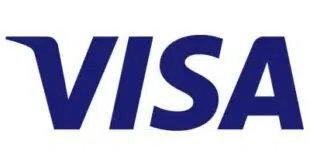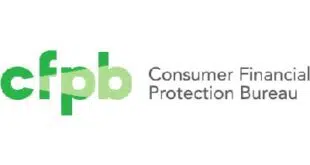With opposition to looming debit card interchange regulations growing, merchant groups that would benefit from regulation by way of lower payment card acceptance costs are making a case to prevent the Federal Reserve Board’s planned rules from being delayed or scuttled.
Much of the questioning about the Dodd-Frank financial-reform law’s so-called Durbin Amendment is coming from small banks and credit unions and their allies, who claim that although the amendment exempts financial institutions with fewer than $10 billion in assets from debit interchange regulation, merchant choices and market forces eventually will cut small issuers’ debit revenues. A subcommittee of the U.S. House Financial Services Committee held a hearing Wednesday on Dodd-Frank’s effects on small financial institutions and small business. Community-bank and credit-union witnesses testified that they were bracing for a hit despite their exemptions.
Even Federal Reserve Board Chairman Ben Bernanke said at a Senate hearing in February that small issuers might be forced accept lower interchange lest merchants reject their cards.
But the Merchants Payments Coalition, a consortium of retail and merchant groups, issued a news release this week noting that five payment card networks have committed to two-tiered schedules that will assure higher interchange for smaller issuers, just as the Durbin Amendment intends. The networks include Visa Inc., which owns the Interlink electronic funds transfer network and disclosed in January it would issue one interchange tier reflecting the Fed’s regulated rates once they come out, and a second tier largely similar to current rates for the smaller debit issuers. The other networks the MPC cited as committing to two-tier interchange schedules were Star, Pulse, Shazam, and Credit Union 24. The five networks process an estimated 80% of PIN-debit card transactions, according to the MPC.
“Other networks are sure to follow their lead,” the MPC said. “These five networks have demonstrated their commitment to small financial institutions. Until other networks make their announcements, small banks and credit unions will find the most competitive advantage within these networks and will likely consider shifting their contracts unless other networks announce two-tiered systems.”
The release goes on to quote U.S. Rep. Peter Welch, D-Vt., as saying, “the big banks and credit card companies have sought to scare small banks and credit unions into thinking interchange reform would hurt them. This news [about two-tier interchange schedules] confirms what we’ve known all along: that this legislation will help, not hurt, small banks and credit unions in Vermont and throughout the country.”
A Michigan banker, however, testified Wednesday to the House Financial Services and Consumer Credit subcommittee that two-tiered interchange won’t last. “In any two-tier system, the small-issuer interchange rate, to the extent that small issuers actually receive it, will surely be lower than the current interchange rate,” said James D. MacPhee, chief executive of Kalamazoo County State Bank, who testified on behalf of the Independent Community Bankers of America. “The payment card networks will be under considerable pressure from their clients with more than $10 billion in assets to narrow the gap between the two tiers.”
Press reports on Thursday said at least one Congressman may introduce a bill to delay the Fed’s debit regulations, which the board is supposed to issue by April 21 and which take effect in July. But Durbin Amendment chief sponsor U.S. Sen. Richard Durbin, D-Ill., has consistently defended his debit measures, and it is questionable whether any move in the Republican-controlled House to delay or kill them would pass the Senate, which remains under Democratic control.





